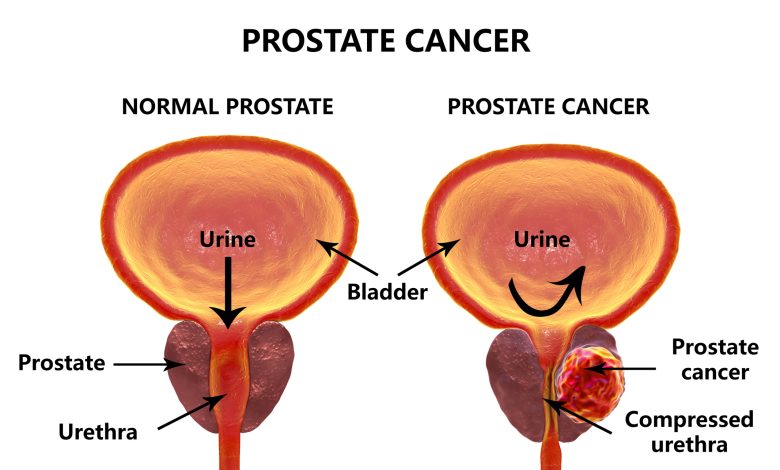What You Need to Know


Prostate cancer and Black men had become so serious that you had to whisper it when saying the words out loud out of fear of catching it or speaking it into existence for a loved one. Fear of the known and unknown had men paralyzed into doing the very thing that would seal their fate. Nothing. This program was the first step (of many) to get men to stop whispering about, and start winning the fight against prostate cancer.
Check out this video to learn what you or your family members need to know about overcoming prostate cancer.
Why does it take so long to recover erections after the very best surgery?
According to Johns Hopkins, several explanations have been proposed for this phenomenon of delayed recovery, including mechanically induced nerve stretching that may occur during prostate retraction, thermal damage to nerve tissue caused by electrocoagulation cautery during surgical dissection, injury to nerve tissue amid attempts to control surgical bleeding, and local inflammatory effects associated with surgical trauma.
Are there any surgical techniques that have been developed to improve erectile function outcomes?
At this time, there are several different surgical approaches to carry out the surgery, including retropubic (abdominal) or perineal approaches as well as laparoscopic procedures with freehand or robotic instrumentation.
Much debate but no consensus exists about the advantages and disadvantages of the different approaches. Further study is needed before obtaining meaningful determinations of the success with different new approaches.
The Cancer Centers of America shared four really good steps to help you recover back to a healthy sex life:
Step One: Communication.
Before real progress can be made, couples need to take the time to think about and remember why sex is special and what they miss about it. The intimacy of sex fosters a bond through passion, love and, most of all, acceptance.
Patients may feel insecure because of certain changes in their bodies, or they may worry that they no longer have or even deserve their partners’ acceptance. A great first step in healing their physical relationship is for these couples to discuss their mutual desire to be together. If they can regain intimacy and comfort in romantic moments, it makes the physical challenges far easier to approach as a team.
Step Two: Intimacy rehabilitation.
During this sensitive time, it may be helpful and less stressful to think of sexual relations as “just another body system.” In the field of physical therapy, you encourage restorative steps, push the limits and set realistic expectations. Sex and intimacy are no different, and it is important to rejoice in every victory, big or small. For intimacy therapy to be successful, you must




